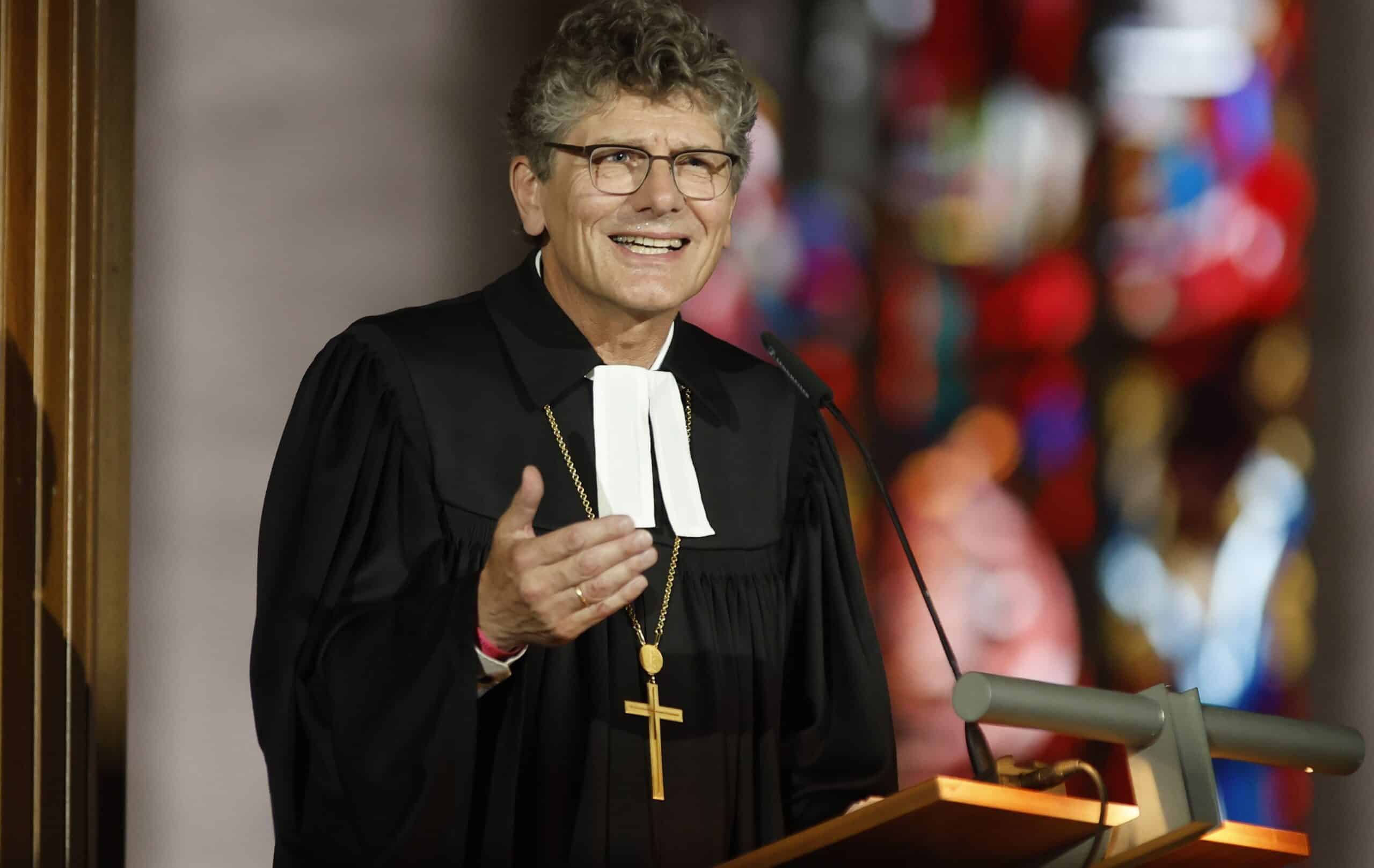The Protestant Bishop of Württemberg favors the blessing of same-sex couples
Ernst-Wilhelm Gohl is the new regional bishop of the Protestant regional church of Württemberg. And in precisely this position, he recently spoke out in favor of more tolerance toward same-sex couples.
Interestingly, Cardinal Woelki, who has often been criticized lately, was also there. He also preached.
Gohls makes a strong case for the LGBTQIA+ scene
In his sermon, Gohls explained that the Württemberg regional church had struggled for many years to accept men and women who love the same sex and want to have their partnership blessed. He was therefore grateful that, however, these couples now also had the opportunity to get their blessing if that was exactly what they wanted.
Particularly touching in this context was his statement that people who love the same sex are also an "expression of God's diversity of creation. How diverse this creation is, exceeds the imagination of man.
Many queers already see the sermon of the regional bishop as a kind of caesura. After all, it is precisely the Württemberg regional church that has recently had to defend itself against many accusations of homophobia. Same-sex couples are still not allowed to marry here. And queers have not been able to get their blessing in any of the churches for a long time.

Gohl's statement: Not everyone is enthusiastic
... and perhaps it would also have been naive to assume that all church representatives can identify with the contents of Gohl's sermon. After all, the last synodal assembly also showed that there is still a long way to go with regard to the equality of queers.
There are even some church representatives who now accuse the regional bishop of the Protestant regional church of Württemberg of wanting to dig the rifts that still prevail within the church even deeper in the context of his sermon. Some also felt that the location and timing of the sermon were inappropriate.
But: On the other hand, Gohl is also celebrated by many members of the scene for his open words. Many are pleased that the regional bishop used such an official occasion to show his colors. And the very fact that it might not necessarily have been expected of one of those in charge of the regional church to express himself in such a tolerant way toward queers is encouraging to some. Nevertheless, it would certainly be too early to rejoice. Because: The last synodal assembly has once again shown how much headwind queers still face in today's world.
Are the church and the queer scene coming closer together? Or are they increasingly moving away from each other?
This is a question to which everyone certainly has a different answer. While some are of the opinion that the discussions about more tolerance only further divide the institution of the church, there are many others who are of the opinion that the time has come to rethink.
Above all, the large number of people who have recently decided to come out within the church community shows how well faith and personal orientation can be combined - as long as this is tolerated by all sides.
However, due to the fact that the institution of the church is based on old traditions, "innovative thinking" is likely to spread rather slowly here. But who knows? Maybe it is the courage of the people who come out plus the statements of ministers like Gohls that will ensure that a "small miracle" happens and queers will be treated in the future by the church just like heterosexual people.